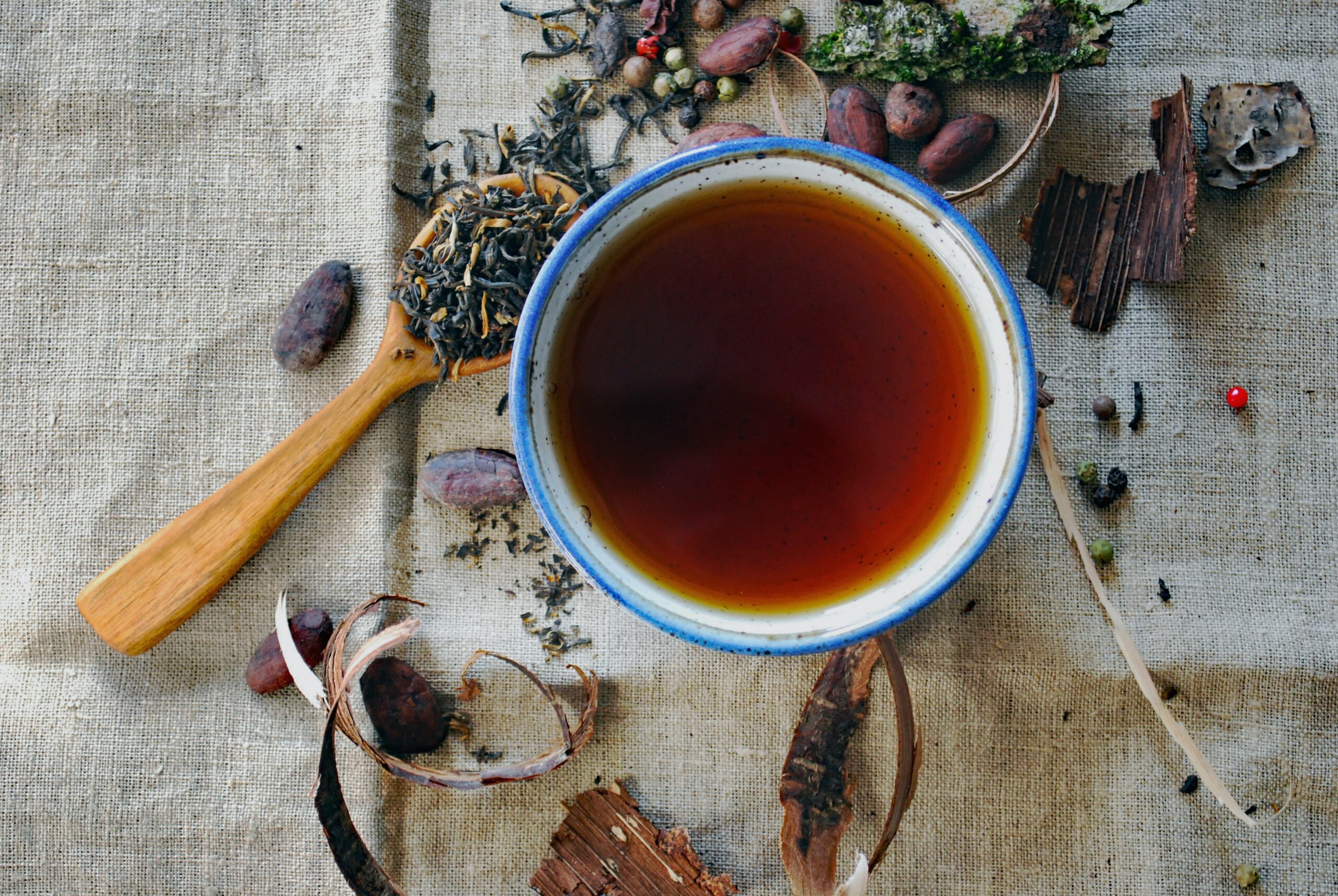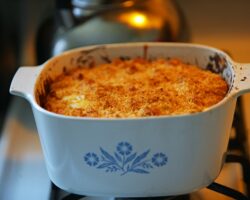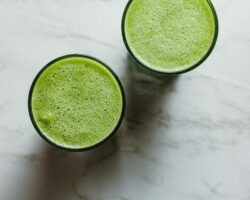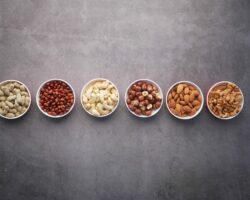What and how to brew to feel better
What we call tea today can be hot, cold and not contain tea leaves at all, representing almost any collection of herbs, flowers or berries that must be brewed before use: pour boiling water and let it brew.
Did you know that the first teapot was made in China almost 5000 years ago? Tea reached Europe much later, becoming a popular drink of British aristocrats in the 17th century. The noble drink deservedly gained worldwide fame, confirming for centuries its beneficial effect on health, mood, vigor and concentration.
Among the thousands of mixes and varieties that exist on the market, you can easily choose the one that is needed right now – focusing on well-being and prevailing emotions. Let’s consider the categories “by interests”, or rather, by the positive effects that the body will receive in the process of drinking tea. So, if you would like…
1. ENJOY OR CONCENTRATE
A cup of green tea contains 25-35 mg of caffeine, as well as L-theanine, a natural relaxant and mood stimulant. This amino acid promotes the absorption of caffeine, which provides an energy boost not in the form of a triple espresso shake, but to keep the body in an alert state for several hours.
One cup of black tea contains 40-60 mg of caffeine. Accordingly, this drink activates twice as powerfully, awakening the body and mobilizing the ability to concentrate, so it is recommended to drink it in the morning.
Tea (more specifically, tonic drink) mate made from dried crushed leaves and shoots of holly is rich in caffeine, contains the alkaloid theobromine, antioxidants, vitamins and minerals, creating an ideal combination for stimulating energy. Since mate came into fashion from South America, you can buy it in almost any supermarket, however, in order to properly brew it, you need to master a whole science.
2. CALM DOWN AND FALL ASLEEP
The miraculous properties of infusion of chamomile flowers are known all over the world. Brew chamomile tea after a hard day, and you will certainly relax and fall asleep faster. Lavender tea works in a similar way: a fragrant drink will help to calm down, feel cozy and comfortable when you go to bed.
Tea with valerian has a similar effect, but it has a bittersweet taste and a specific aroma that not everyone likes, and therefore is inferior in popularity to chamomile and lavender.
3. GET RID OF ANXIETY AND RELAX
What tea with valerian has no equal in is the ability to calm the nerves that have played out. An infusion of a popular natural adaptogen in India called ashwagandha is an Ayurvedic alternative to valerian. Brewing ashwagandha as a morning drink will not only cheer you up, but also get rid of nervousness in anticipation of a difficult day.
Passionflower tea is an excellent stimulant that triggers the release of gamma-aminobutyric acid (GABA), an inhibitory neurotransmitter in the central nervous system, which helps you calm down and focus without having to trade everything at once.
Ginseng tea is ideal for combating mental exhaustion caused by long-term stress. Known to our mothers and grandmothers, mint tea contains menthol, which helps reduce mental stress.
Lemongrass tea is not a well-known drink, although it has a lot of benefits, surprisingly effective in lowering stress levels. The reason for this is the high concentration of beneficial minerals and the unforgettable aroma recommended by naturopaths in the fight against chronic anxiety.
4. FEEL HAPPIER
Saffron tea works well for the emotional turmoil during PMS, as saffron activates serotonin neurotransmitters that make you feel happier without the agonizing mood swings.
Green tea and spiced turmeric tea also stimulate serotonin production and dopamine receptors, providing a “double whammy” of positive sensations.
Tea with orange zest or orange blossom is just as good if you need to feel better and stop feeling upset, at least for a while.
5. CLEAR THE BODY FROM TOXINS
Unexpectedly, dandelion tea is a smart choice if you decide on a cardinal detox. An infusion of the pesky weed has been used for centuries by Chinese medicine men and North American Indians as a natural liver cleanse.
Nettle tea has proven itself as a diuretic, coping with inflammation of the genitourinary system. Green tea also stimulates the kidneys, and in addition, contains EGCG, epigallocatechin gallate, which helps speed up the metabolism, burning more
calories.
Fennel tea is simply indispensable if you suffer from bloating or abdominal cramps. Ginger tea helps reduce nausea and reduces the effects of travel sickness.
And pay close attention to rooibos, aka rooibos. The hot drink, originally from South Africa, is rich in the antioxidant flavonoid quercetin, which protects against free radicals and helps reduce colic, cramps, indigestion and diarrhea. Rooibos quenches thirst well and tones up, and is also an excellent substitute for coffee for those who are contraindicated with caffeine, since it does not contain it. For the same reason, rooibos is indicated without restriction for young children, and the presence of glucose in the composition makes it taste sweet without the use of sugar.






